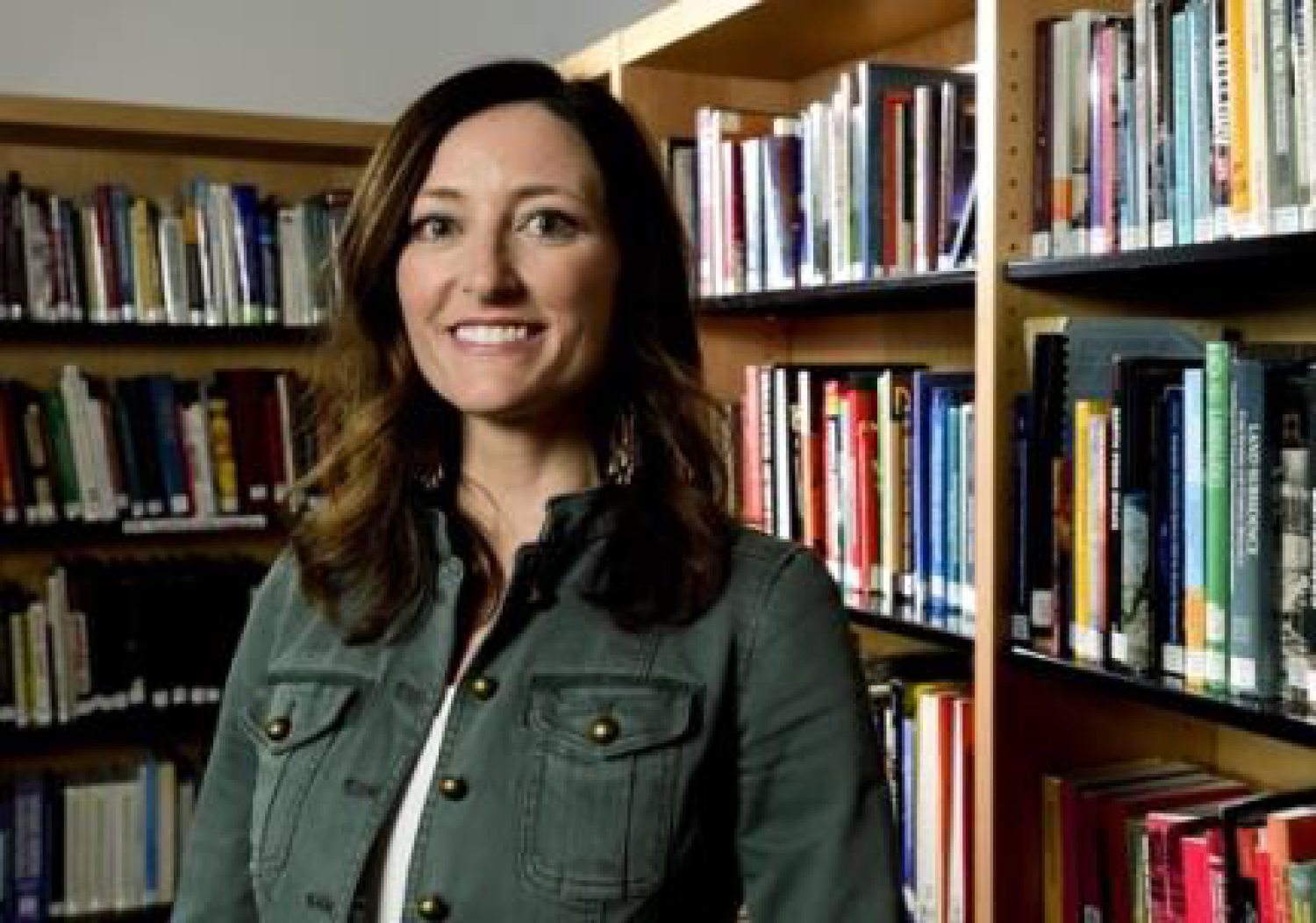Seminar: Stories from the Field: An Ethical Toolkit for Long-Term Disaster Research - April 9

RISE IRT Seminar Series – Spring 2021
Stories from the Field: An Ethical Toolkit for Long-Term Disaster Research
Dr. Lori Peek - University of Colorado Boulder
4:00 PM – 5:00 PM (MT) Friday, April 9, 2021
Zoom - Register to Attend
Abstract: What if we used the stories that researchers tell each other as tools to advance ethical practices and interdisciplinary disaster research? This presentation will begin with this question and will invite participants to consider the power of stories and why they are beneficial to research. In particular, the presentation will underscore how ethical concerns span the entire lifecycle of disaster-related research. It will introduce the idea of the philosophically informed “ethical toolkit” to help build awareness of moral obligations and to provide ways to navigate ethical confusion to reach sound research decisions. This presentation will highlight the work of philosopher W. D. Ross to introduce a template of moral considerations that include fidelity, reparation, gratitude, justice, beneficence, self improvement, and non-maleficence. Such a framework can help researchers to address ethical issues that often arise in the context of disaster research including: (1) shifting vulnerability among disaster survivors, (2) the expectations of participants, and (3) concerns about reciprocity in long-term fieldwork. The presentation will ultimately argue that centering ethics in this way may improve the quality of research itself as well as relationships between researchers as well as the researched.
Bio: Lori Peek is professor in the Department of Sociology and director of the Natural Hazards Center at the University of Colorado Boulder. She studies marginalized populations in disaster and is author of Behind the Backlash: Muslim Americans after 9/11, co-editor of Displaced: Life in the Katrina Diaspora, and co-author of Children of Katrina. Peek also helped develop and write school safety guidance for the nation, which resulted in the publication of FEMA P-1000, Safer, Stronger, Smarter: A Guide to Improving School Natural Hazard Safety. Peek has conducted field investigations in the aftermath of several major disasters, and she is the principal investigator for the NSF-funded CONVERGE facility, which is dedicated to improving research coordination and advancing the ethical conduct and scientific rigor of disaster research. She also leads the NSF-supported Social Science Extreme Events Research (SSEER) and Interdisciplinary Science and Engineering Extreme Events Research (ISEEER) networks.


